“Mohammed Ali Mosque”
It is located in the Citadel of the Mountain in Cairo. It is the most famous landmark of the citadel. Many believe that the Citadel of Salah El-Din is the Citadel of Muhammad Ali Pasha due to the fame of this mosque.
The sources wrote that as soon as Muhammad Ali Pasha completed the repair of the Citadel of Salah al-Din al-Ayyubi and finished building his palaces, offices and schools, he decided to build a large mosque in the citadel to perform the duties and to have his burial in it.
He began building the mosque in 1246 AH / 1830 AD, and work continued until the death of Muhammad Ali Pasha in 1265 AH / 1848 AD, and he was buried in the cemetery he had prepared for himself inside the mosque.
It was built in the Ottoman style, and the successors of Muhammad Ali Pasha took care of the mosque, so they completed the building and added some simple additions to it. They also made it a headquarters for the celebration of annual religious occasions. They were, in order, Abbas Hilmi Pasha I, Muhammad Saeed Pasha, Ismail Pasha, and Tawfiq Pasha. However, during the reign of Fuad I, the largest restoration process ordered the mosque to be restored to its old glory after its walls had cracked due to an engineering defect. His son Farouk I, after him, also took care of the mosque and opened it for prayer again after completing the restoration process. The mosque was built in a part of the land of Al-Ablaq Palace inside the Citadel of Salah Al-Din Al-Ayyubi. It is currently one of the remains of the Caliph neighbourhood of the southern district of Cairo, and next to it inside the castle Al-Nasir Qalawun Mosque. In contrast, there are several ancient mosques outside and near the castle wall, including (Sultan Hassan Mosque, Al-Rifai Mosque). Mahmudiyah Mosque, Qani Bay Al Ramah Mosque, Jawhar Al Lala Mosque).
About the life of Muhammad Ali
Muhammad Ali was born in the city of Qula in Macedonia in the year 1182 AH / 1769 AD, and his father, “Ibrahim Agha” died when he was young and his mother. He became an orphan of both parents and lived with his uncle, “Toson Agha”, and after his death, the governor of Qula and a friend of his father, “Shorbaji Ismail” who included him in the army He showed signs of masculinity, such as courage and strength, which qualified him to be promoted to the rank of Block Bashi. When he finished the jihad period, he became involved in trade after Al-Shurbaji married him to a woman named “Amina Hanim”, who bore him Ibrahim, Toson and Ismail, and from the females, she bore him two. His destiny was full of ranks and sophistication when he was chosen within a military force of three hundred Albanian soldiers who were its deputy chief. The Ottoman Empire decided to send to Egypt to expel the French. The head of the battalion was the son of the governor of Qula, who decided to return to his country, and Muhammad Ali became the battalion commander. Muhammad Ali participated in the battle of Abu Qir, in which the Ottomans were victorious with the help of the English and participated in the Rahmaniyah attack. In both battles, he showed his courage. After the failure of the French campaign against Egypt and the withdrawal of its forces, Muhammad Ali was promoted to the rank of major general. He was appointed commander of four thousand Albanian soldiers because of his victory in the military battles. And when the Ottoman governor felt about the prestige of Muhammad Ali, he tried to betray him, but the latter preceded him and allied with Othman Bey Al-Bardis, one of the leaders of the Mamluks, and was able to isolate him in 1803, then Muhammad Ali went to isolate the leaders of the Mamluks, and he instructed to Al-Bardisi that Muhammad Bey Al-Alfi was his equal when he traveled to England Except to make him the sole leader over the Mamluks, so strife arose between the two parties, so Al-Alfi returned and fortified in Upper Egypt, then Muhammad Ali incited his Albanian forces to demand late their salaries from Al-Bardisi, who in turn imposed heavy taxes on the residents of Cairo, so they revolted against him and forced him to flee, and from here Cairo was made available The people supported him and wooed their leaders, so he advised them to appoint Khorshid Pasha, the governor of Alexandria over Egypt, and Khorshid Pasha came, and they responded to their request with his appointment as a mayor. At the High, Gate appointed Muhammad Ali as governor of Jeddah, but Muhammad Ali did not go and incited his soldiers to demand the governor’s salaries. He allied with the captains of artisans and scholars, so they besieged Khorshid Pasha in the castle and called Muhammad Ali as governor of Jeddah. Egypt and they insisted on the Sublime Gate, and indeed he took it over Egypt. The Mamluk leaders resisted the authority of Muhammad Ali and entered into several many battles together. During the wars, a firman was issued from the Sublime Porte to isolate Muhammad Ali from the state of Egypt, and he assumed the state of Thessaloniki. But Muhammad Ali showed obedience and readiness to leave while arguing that the soldiers refused his departure before paying the late salaries. He resorted to Omar Makram, the captain of the nobles, to intercede for him with the Sultan to stop the firman. So the scholars and the nobles sent a letter to the Sultan praising Muhammad Ali and asking for his survival. Astana accepted with conditions, and here Muhammad Ali was fortunate when the news of the death of Al-Bardisi came, and after him the death of Al-Alfi. He was also able to clear Frazer’s campaign from Egypt in 1807 AD, which constituted one of the greatest dangers to his rule. Then he worked to dismantle the popular leadership by co-opting some with money and intimidating some by banishing the popular leader, Omar Makram, to Damietta. Only the rest of the Mamluk leaders were left in front of him, who posed the only military threat to the continuation of his rule, so Muhammad Ali resorted to the trick and announced a celebration in the castle on the occasion of dressing his son, Tousun, the leadership of the campaign against the Wahhabis in the Hijaz, which was ordered by Sultan Mustafa IV, and he was sent to the Mamluks to attend the celebration They accepted the invitation. After the celebration ended, Muhammad Ali invited them to walk in his son’s convoy. When they reached the place Muhammad Ali had planned, they were surprised by a torrent of bullets that wiped out the last of them, and only “Amin Bey” survived them. After that, Muhammad Ali’s soldiers attacked the homes of Muhammad Ali. The Mamluks and the judiciary of the rest of them, thus making all the parties to the state in his hands alone. Muhammad Ali was able to consolidate the foundations of his rule and establish himself as ruler of Egypt while recognizing the right to inherit the rule in his offspring after him by order of M.

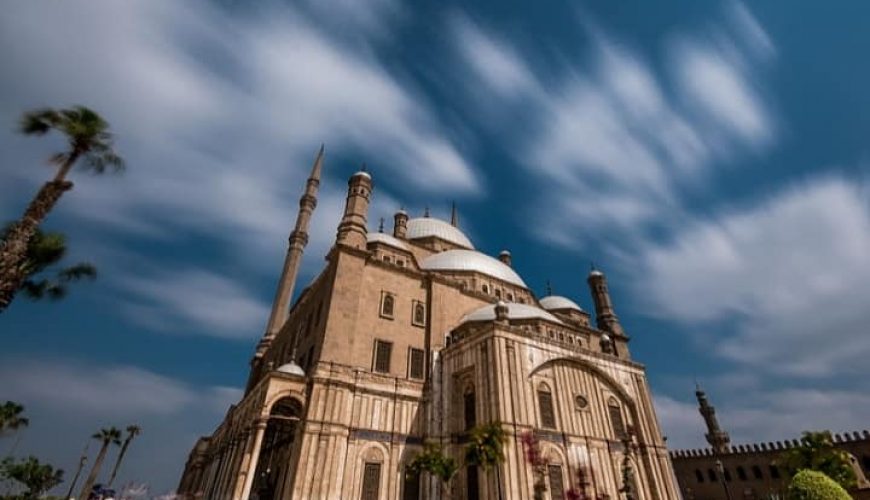
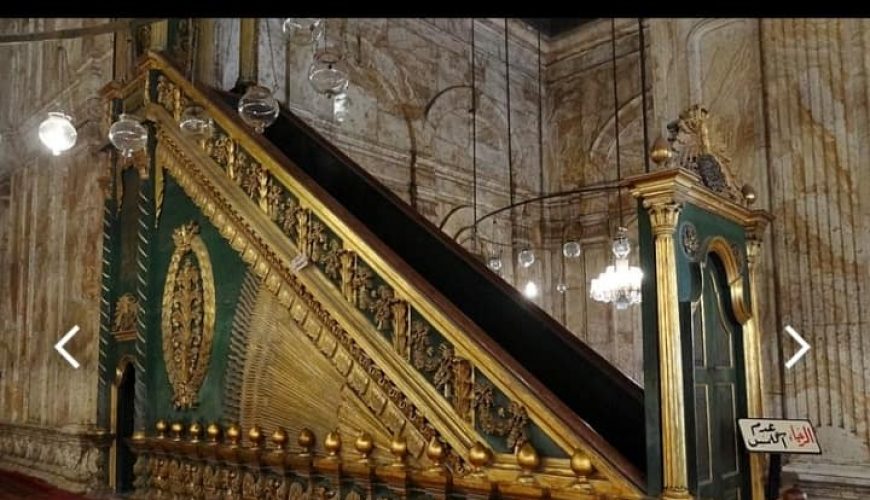
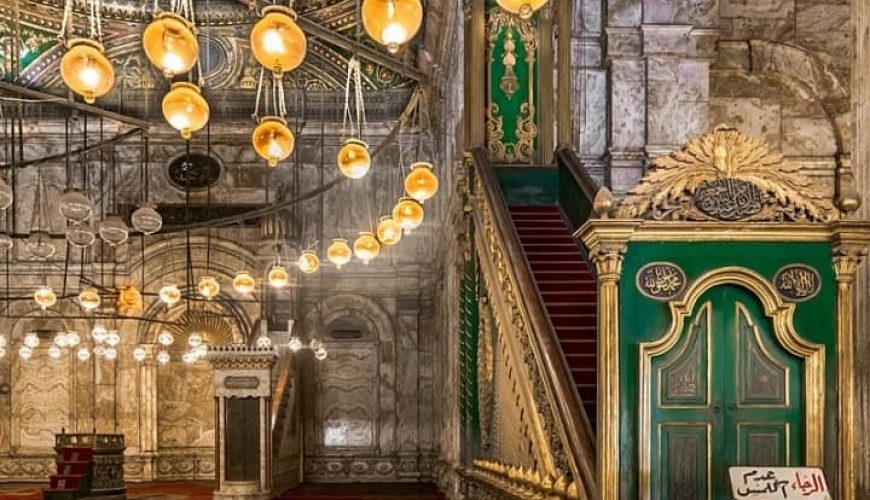
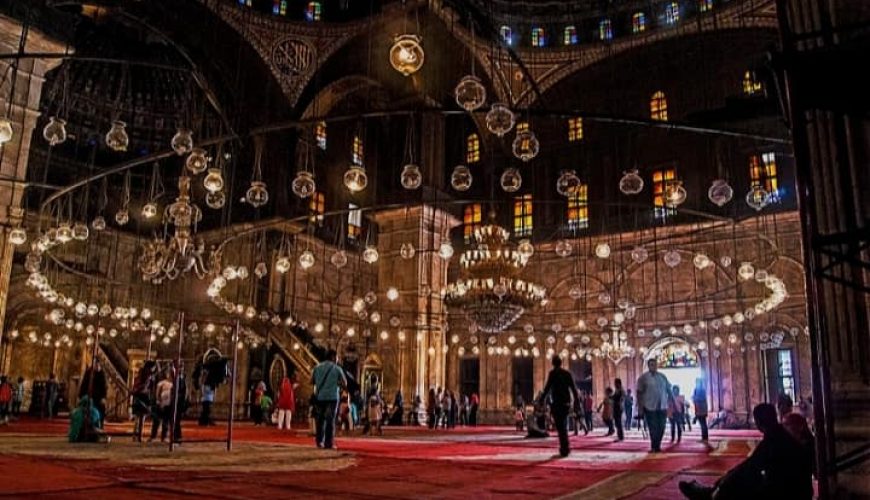
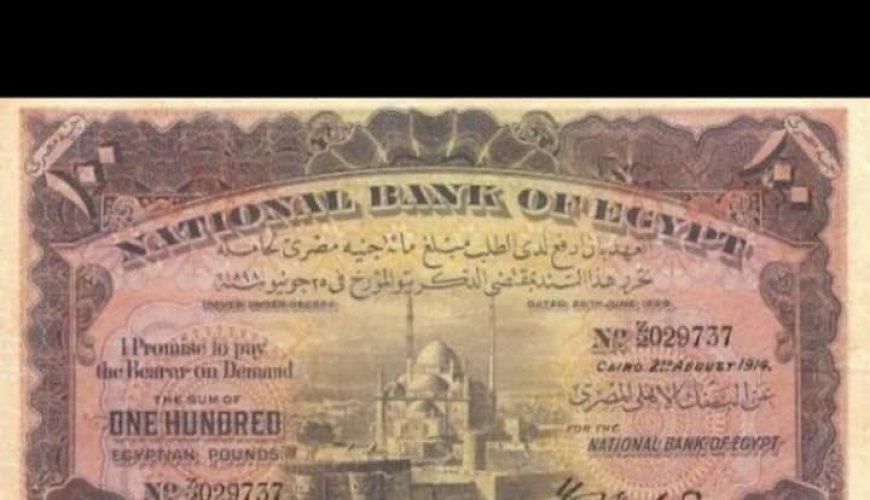
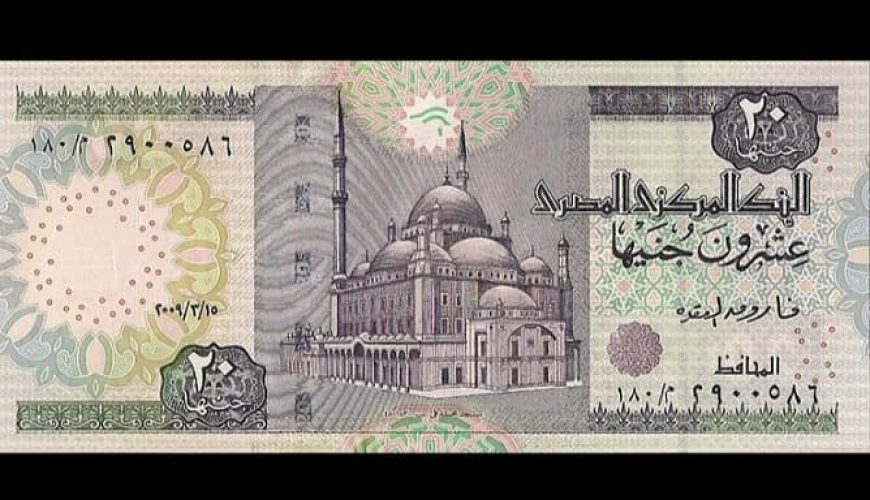
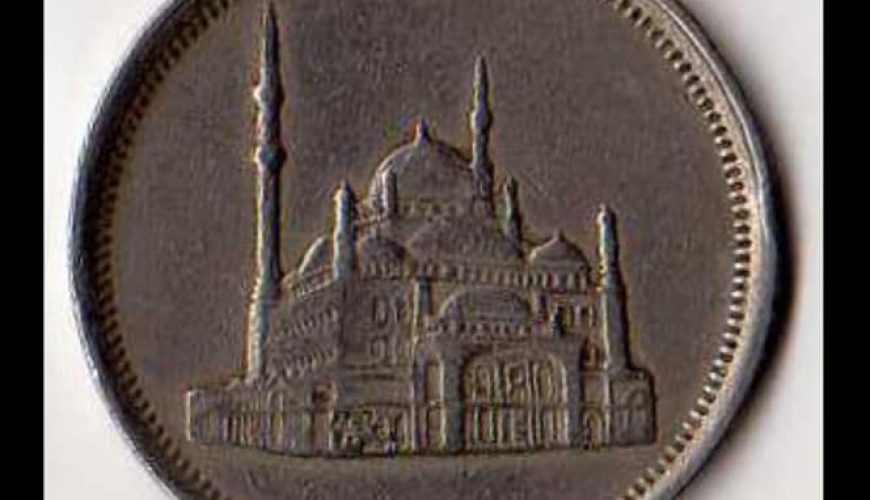
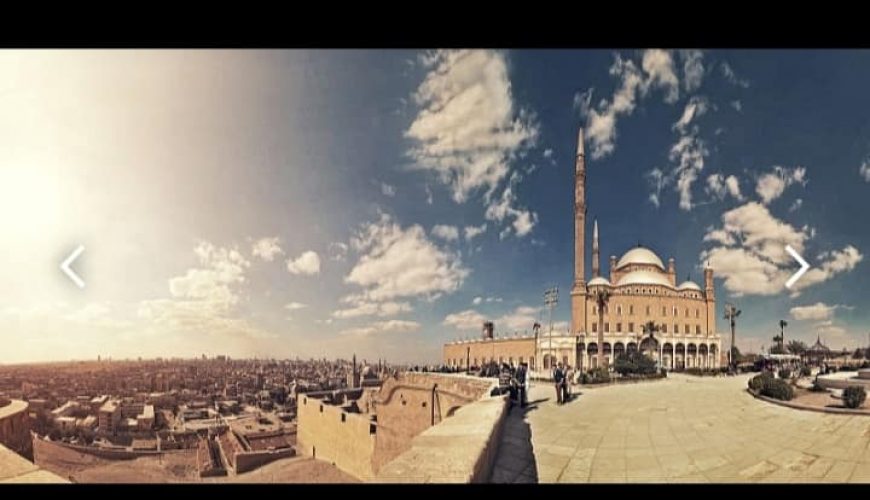
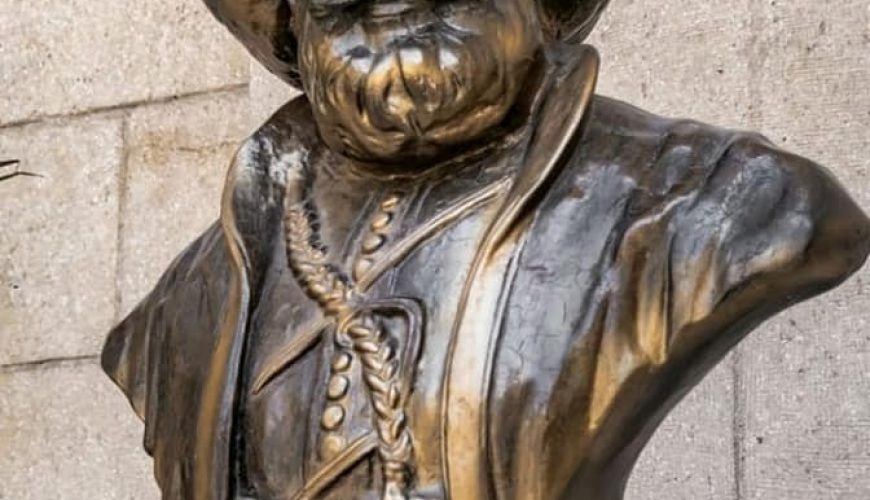
Comment (0)